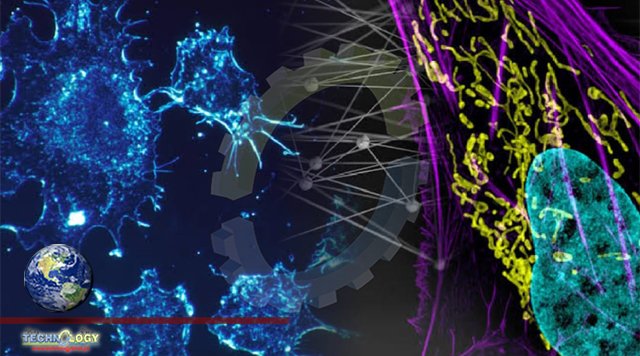The system rapidly scans the genome of cancer cells and could help scientists find targets for new drugs.Cancer cells can have thousands of DNA mutations. However, only a small number of those actually drive the progression of cancer

Researchers could identify better drug targets if they are able to distinguish these harmful driver mutations from the neutral passengers. To boost those efforts, an MIT-led team of scientists has built a new computer model that can rapidly scan the entire genome of Drive Cancer cells. It identifies mutations that occur more frequently than expected, which suggests that they are driving tumor growth. Because some genomic regions have an extremely high frequency of passenger mutations, drowning out the signal of actual drivers, this type of prediction has been challenging.
“We created a probabilistic, deep-learning method that allowed us to get a really accurate model of the number of passenger mutations that should exist anywhere in the genome,” says Maxwell Sherman, an MIT graduate student. “Then we can look all across the genome for regions where you have an unexpected accumulation of mutations, which suggests that those are driver mutations.” In their new study, the scientists found additional mutations across the genome that appear to contribute to tumor growth in 5 to 10 percent of cancer patients. The researchers say the findings could help doctors to identify drugs that would have a greater chance of successfully treating those patients. At least 30 percent of Drive Cancer patients currently have no detectable driver mutation that can be used to guide treatment.
Sherman, MIT graduate student Adam Yaari, and former MIT research assistant Oliver Priebe are the lead authors of the study, which was published recently in Nature Biotechnology. Bonnie Berger, the Simons Professor of Mathematics at MIT and head of the Computation and Biology group at the Computer Science and Artificial Intelligence Laboratory (CSAIL), is a senior author of the study, along with Po-Ru Loh, an assistant professor at Harvard Medical School and associate member of the Broad Institute of MIT and Harvard. Felix Dietlein, an associate professor at Harvard Medical School and Boston Children’s Hospital, is also an author of the paper.
Source: This news is originally published by scitechdaily